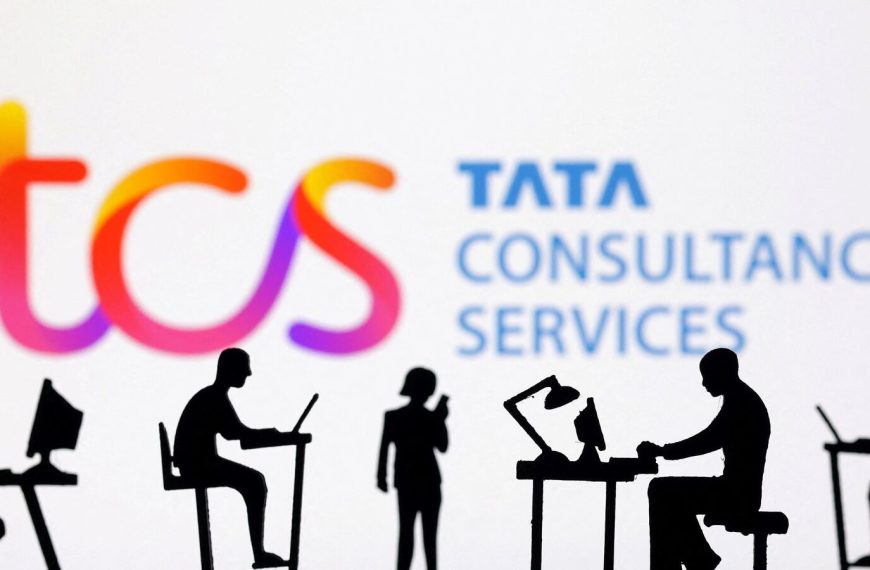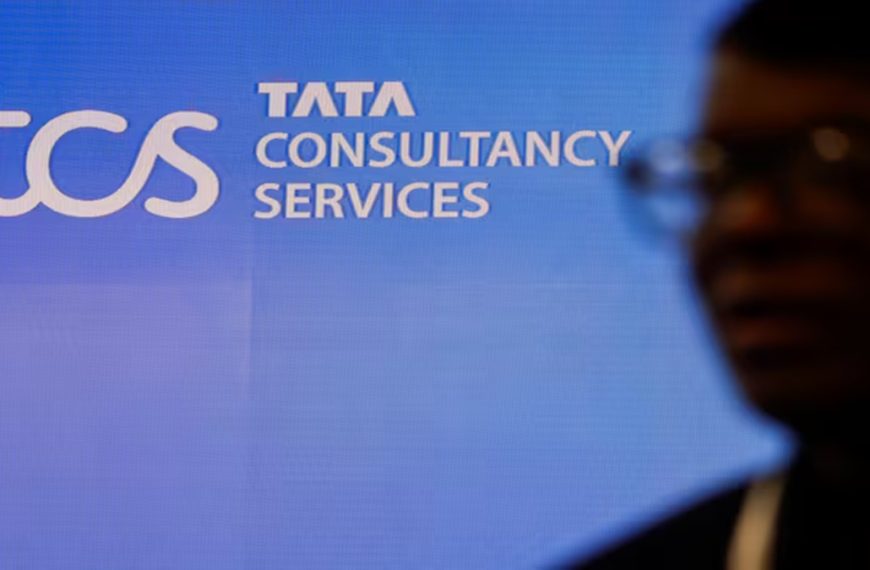The United States government is set to impose a 25% tariff on imported vehicles and essential auto components, effective from April 2, with collections commencing the following day. This significant move is expected to impact various automotive companies, particularly those with strong ties to the U.S. market. Notably, investment firm CLSA has identified key players such as Tata Motors, Bharat Forge, Sona BLW, and Samvardhana Motherson as stocks to keep an eye on due to their export connections to the U.S. market.
U.S. Tariff Impact on Automotive Stocks
The new tariff policy could lead to rising car prices and a potential decrease in demand as manufacturing costs increase for both U.S.-made vehicles and imported cars. According to CLSA, this price hike could significantly affect consumer choices in the market.
-
Tata Motors: The stock took a hit, dropping over 5% in intra-day trading. Year-to-date, shares have plummeted 11%, and over the past year, the decline stands at 32%. CLSA points out that approximately 31% of Jaguar Land Rover’s (JLR) retail sales come from the U.S., making it vulnerable to the new duties. Despite these challenges, CLSA maintains a "High Conviction Outperform" rating for Tata Motors as of March 12.
-
Bharat Forge: This stock has also faced pressure, with a 2% drop in intra-day trading and an 11% correction this year. In the last year, it has provided a 4% return to its investors. CLSA highlights that 38% of Bharat Forge’s revenue is generated from its products, primarily manufactured in India, rather than the U.S.
-
Sona BLW: This component manufacturer is struggling, having reached a 52-week low with a 6.5% drop in intra-day trading. Over the past three months, the stock is down 21% in 2025, and it has seen a 32% decline over the last year. CLSA notes that 43% of Sona BLW’s revenue is sourced from the U.S.
- Samvardhana Motherson: This stock has decreased by 3% in intra-day trading and is down 16% year-to-date. However, it has shown resilience with an 11% return over the past year. Importantly, CLSA points out that Samvardhana Motherson has manufacturing facilities in the U.S., including a major plant in Alabama, allowing it to cater to the needs of domestic car manufacturers. This positioning may shield it from the tariff’s full impact.
Additional Insights
A recent Reuters report indicated that the new tariff directive from the U.S. government may include temporary exemptions for auto parts as officials navigate the complexities of the implementation process. This adds to the existing tariffs on steel, aluminum, and various goods from Canada, Mexico, and China.
As the automotive industry braces for these changes, investors will be closely monitoring how these tariffs will reshape market dynamics and affect the financial health of these key players in the automotive sector.











